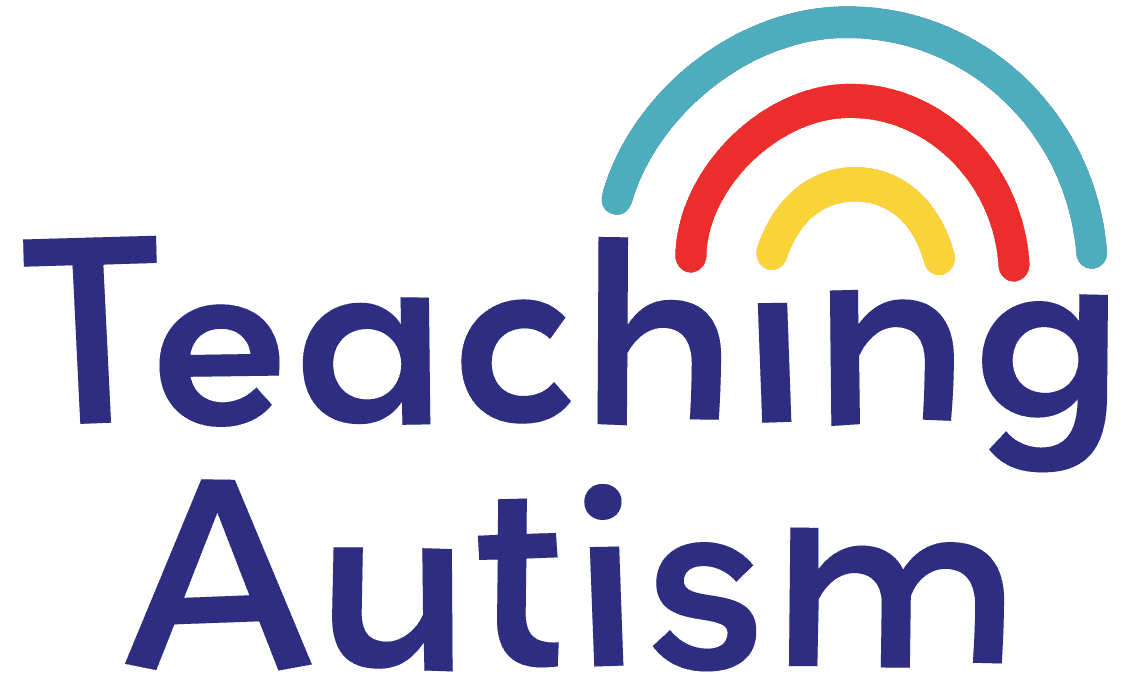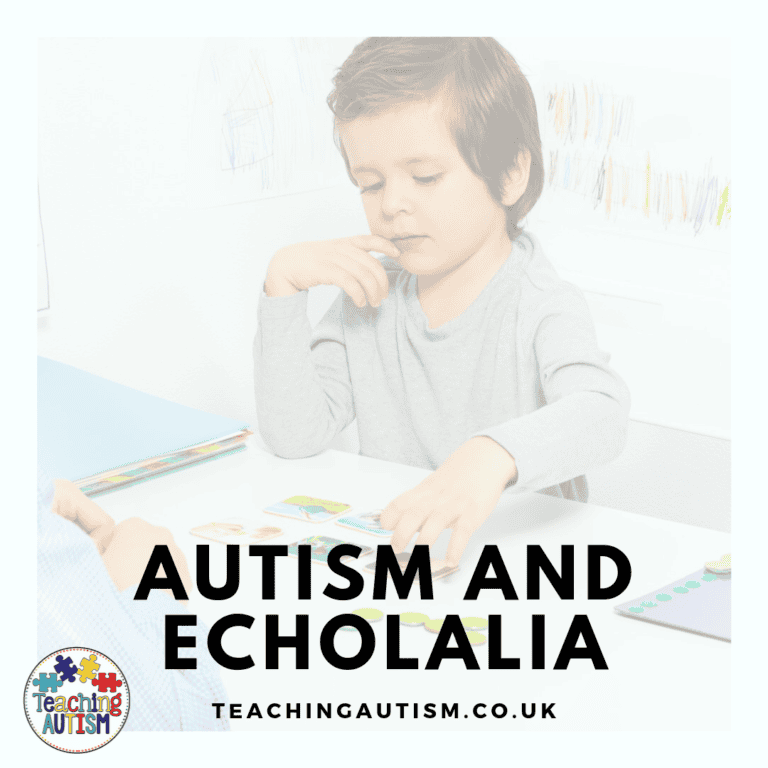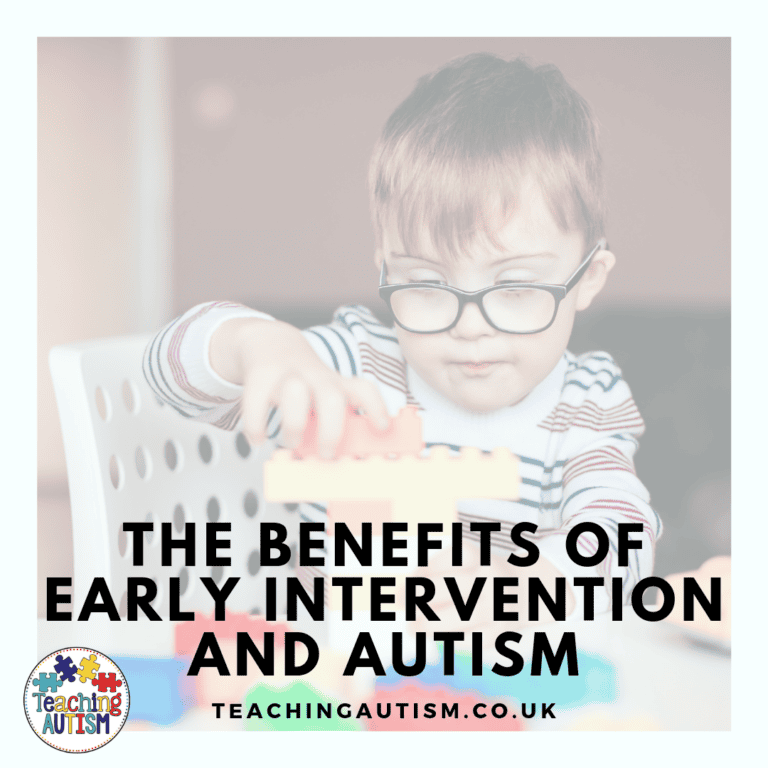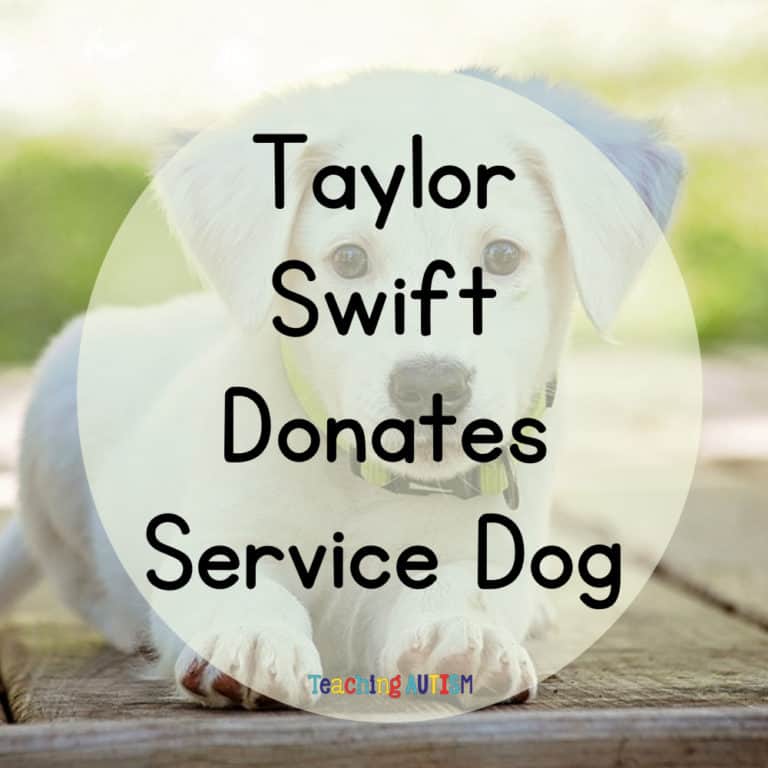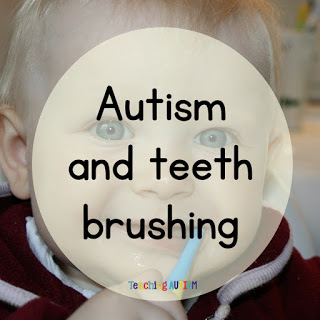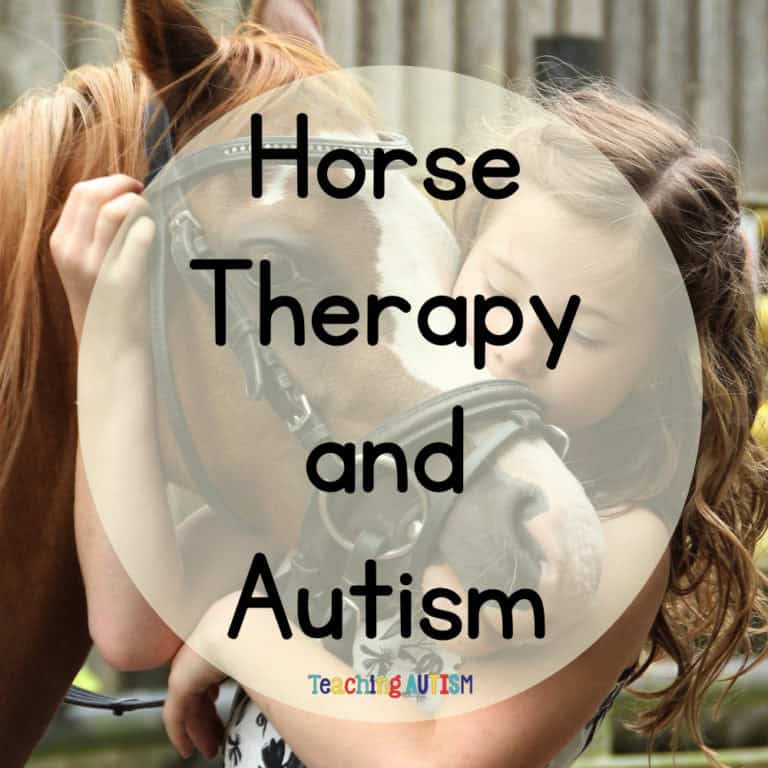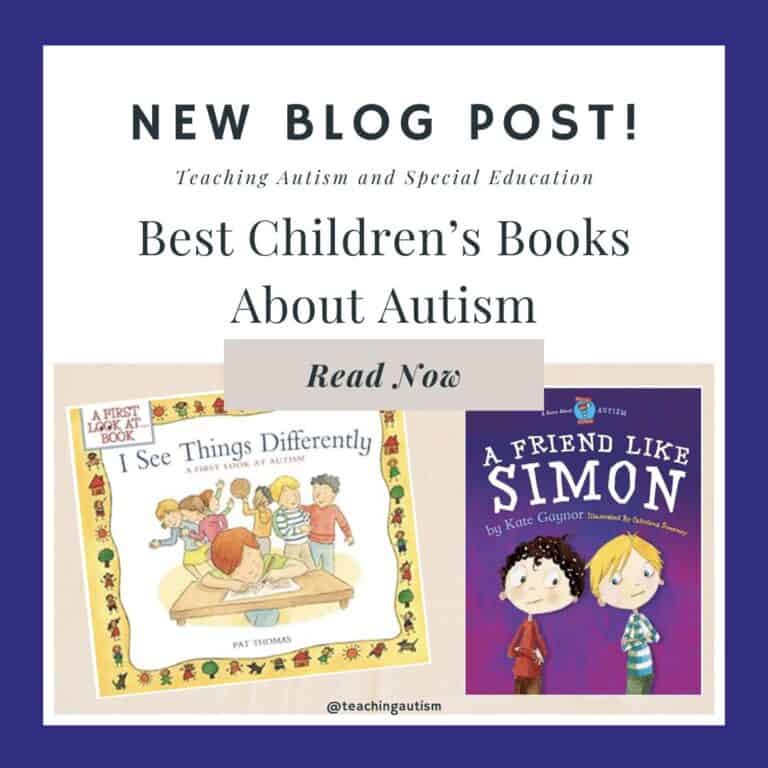What Does the Autism Spectrum Mean?
I get a lot of questions about what autism is and what does the autism spectrum mean. And I think it’s because of a few things;
- As a parent, when your child gets diagnosed, sometimes you’re just handed a leaflet and told to go and research.
- Schools don’t teach us about autism.
- When we train to become a teacher we don’t get a whole lot of information on disabilities or conditions.
What is Autism?
Simply put, autism is a lifelong developmental disability. Having autism can affect how an individual communicates, interacts with and experiences the world around them.
What Does Spectrum Mean?
Autism can affect each individual differently. The word ‘spectrum’ refers to how the individual is affected by autism. Autism is a spectrum because it can affect every single person differently. And each person is an individual on that spectrum. Some individuals may need more support than others.
What You May Know
What you know about autism may just be what you have seen on TV or in the news. And I think that the media are known for picking the ‘great’ sides of autism, but not always showing a clear, true and inclusive picture of all autistics. You may have seen..
- The autistic Homecoming King.
- Or the genius who can do any math sum in the world.
- Maybe even the autistic individual who can draw anything in the world from memory.
So now you may have in your head that this is what autism is. But it’s not just this. Theres so much more to it. And while we celebrate these achievements.. We also celebrate much smaller levels of achievements too.
Autism Can Be Hard
When you start to work with autistic children, you will suddenly become more aware of the autism spectrum. And just how truly different and individual each student you will have is. So, I would recommend spending time learning as much as you can about autism.. and other disabilities too. If you’re looking for help for conditions / disabilities to research, I would recommend starting with;
- Autism
- ADHD
- OCD
- Prader-Willi Syndrome
- Sensory Processing Disorder
- Fragile X
- Down Syndrome
- Dyslexia
- Dyspraxia
- Epilepsy
- Hyperlexia
You’re also going to be working on a lot of different things that you perhaps wouldn’t in general education. This can include;
- Self-harming
- Toilet training
- Aggression
- Behavior management
- Communication skills
Communication
Communication can be very difficult for our autistic individuals. It can be very frustrating for our students when they can’t communicate their needs/wants with others. And this can display in different ways, sometimes even as negative behavior. Remember, behavior is a form of communication.
So, one of the most important things to have in your classroom is accessible communication. Some communication systems that you can try are;
It can also be helpful to speak to families at home, and also any previous provision to find out the student’s preferred method of communication.
How to Identify Autism
Autism is invisible in the sense that it doesn’t have any physical features that may stand out. What I mean is, you can’t look at someone and know that they are autistic. Now, there are times that you may be able to identify autistic traits in someone and be able to tell. But, remember what was said at the start of this blog post.. Autism is unique for each individual.
Severe Behaviors
You may see some severe behaviors in your classroom from your students/ And this can be for a variety of reasons. One thing to remember is that there is always a trigger – it’s just a little harder to spot sometimes. Especially if your student is unable to communicate what that trigger is with you. Some behaviors that you may witness and experience are;
- Self-harming.
- Biting.
- Kicking.
- Hitting.
- Throwing items.
- Scratching.
- Thrashing.
- Eloping.
- Hiding.
- Head-butting.
But also, you may not see any of these behaviors in your classroom with your student(s)… However they may go home and display all of these behaviors at home. This is usually because the student has got home and relaxed.. And then released.
I like to explain it like having a bottle of soda. Think of your student as a bottle of soda. Each time something triggers them through the day, the bottle shakes. By the time they get home and relax.. And remove the bottle top.. That shaken up soda explodes everywhere. So it’s not unusual for a student to behave differently at school and at home.
The Media
One thing that always makes me sad about the media, is how they tend to show glowing reports of autistic people and how they are achieving anything and everything. This is one of the most discouraging things to happen to the family/carers of a newly diagnosed child. Especially if they are not on track to be the same as this.
When you or someone you love/care for are diagnosed with something, the first thing everyone does is go home and try to find out as much as they can about it – usually on Google. There are some truly great websites out there filled with great information to help you realise where to go next, but there are also a lot of websites that can fill you with false promises and false hope, along with numerous different “cures”.
I must stress, that officially there is no cure for Autism, however, this also does not mean there are no ways to help and support your child – there are plenty of ways for you to help your child flourish and make the world more accessible for them.. It may just take longer than you may expect, but great things are achievable for them.
What To Do
To find out more about autism, I recommend the following steps;
- Join supportive Facebook groups.
- Follow Autistic accounts on social media and listen to their stories and experience.
- Listen to podcasts – like this one.
- Read books about autism.. Here are my recommendations for children’s books.
- Find blogs that share information and tips, like this one.
Helpful Links
You may find the following links helpful to learn more about autism;
- Why Not to Use the Puzzle Piece
- Signs of Autism in Toddlers
- 5 Things to Know About Autism
- How to Diagnose Autism and Evaluations
- Types of Therapies
If you found this blog post helpful, please consider sharing it with your friends and colleagues on social media.
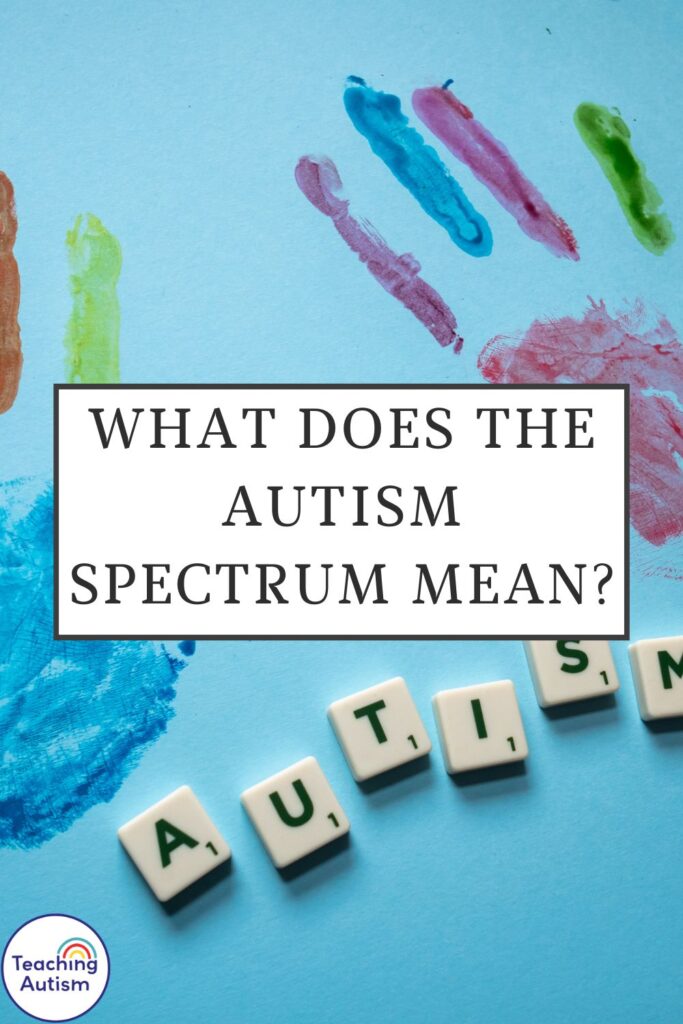
P.S. Have you signed up for my VIP membership yet? If not, head on over and sign up now. You’ll get access to hundreds and hundreds of resources, templates, crafts and more being uploaded every month!
Nikki
